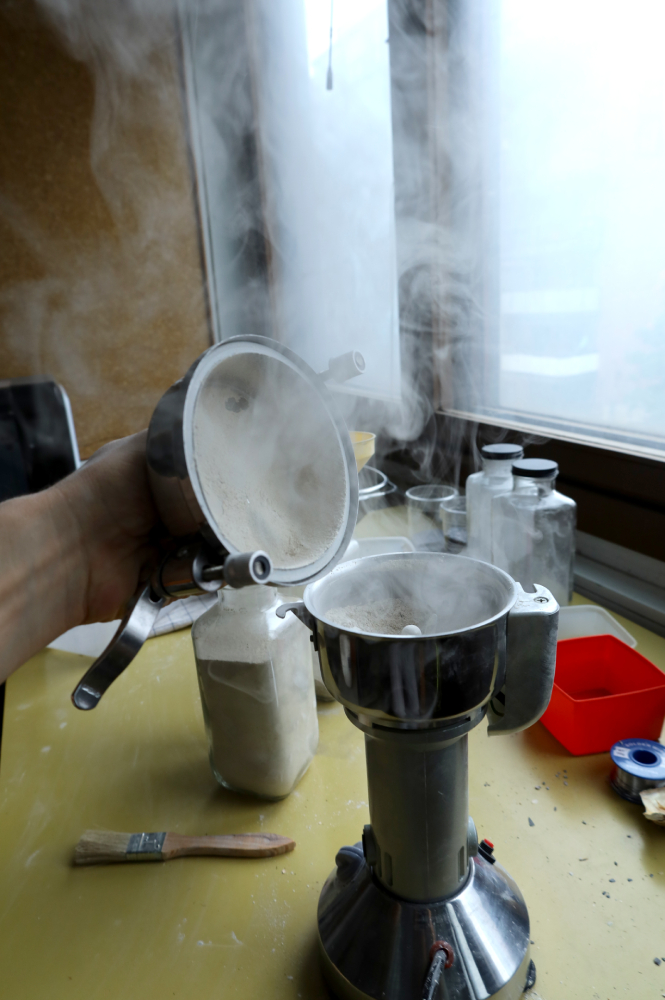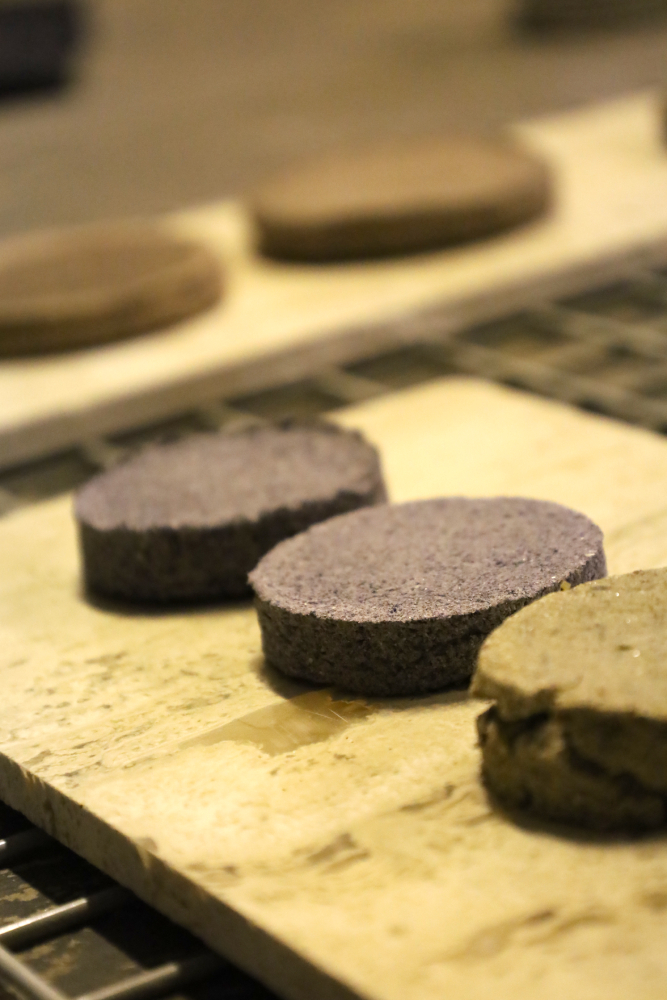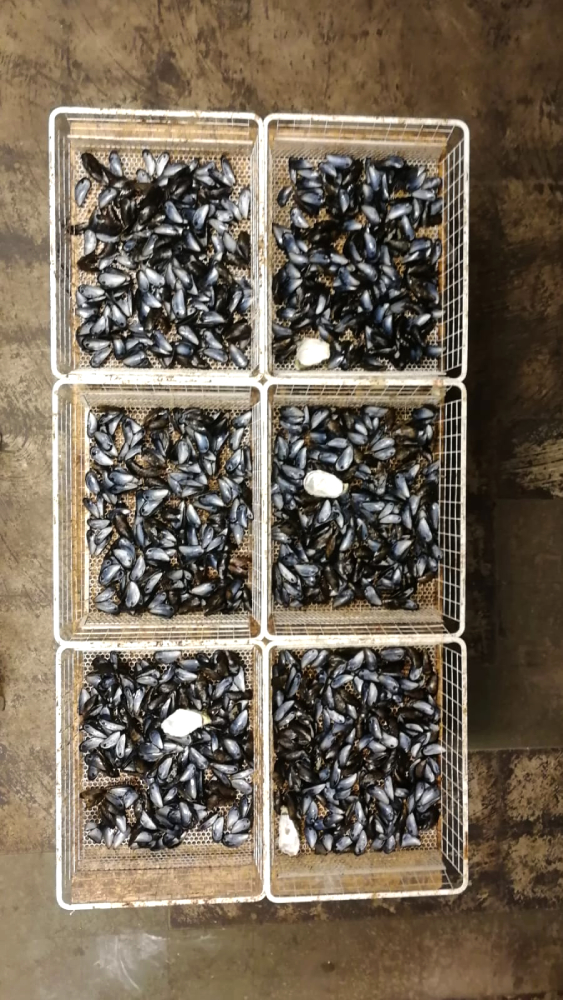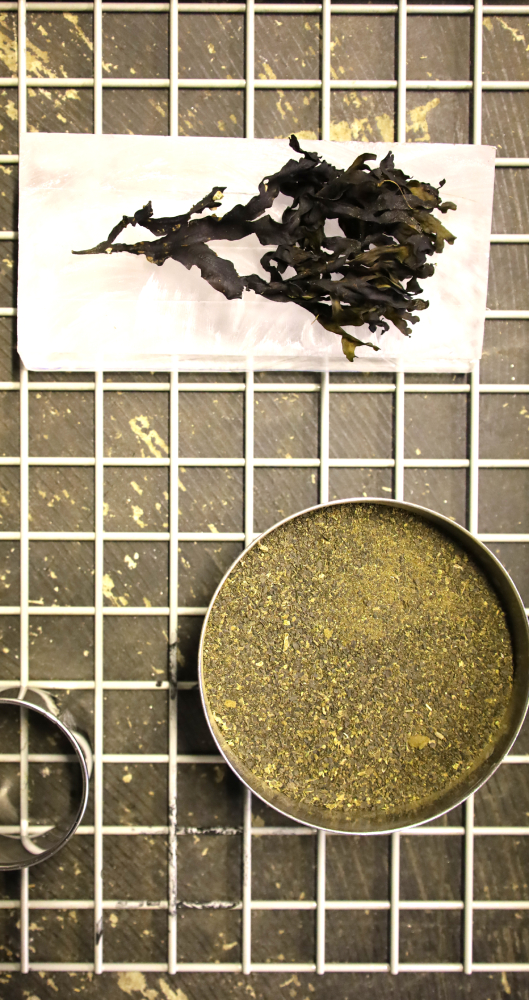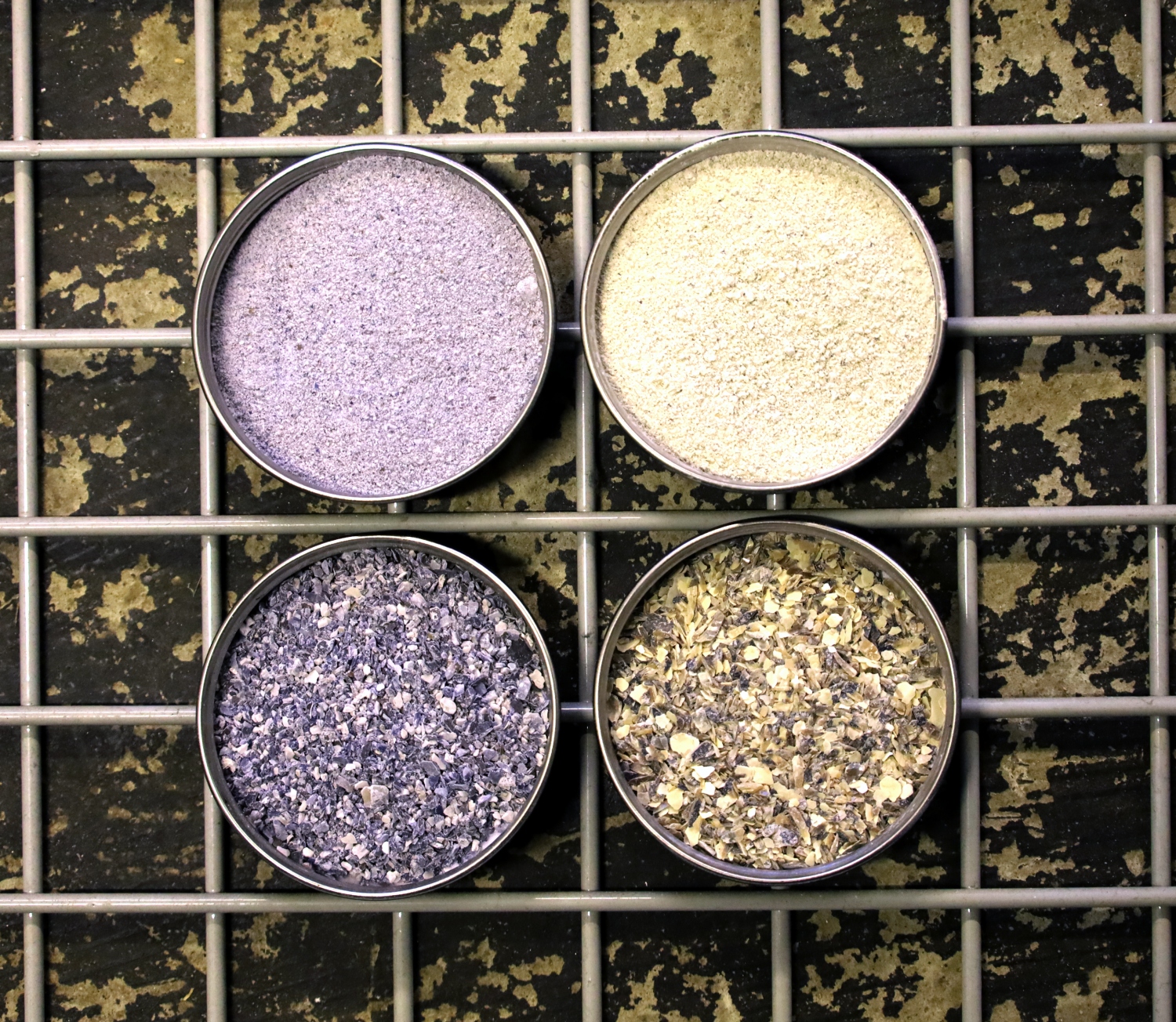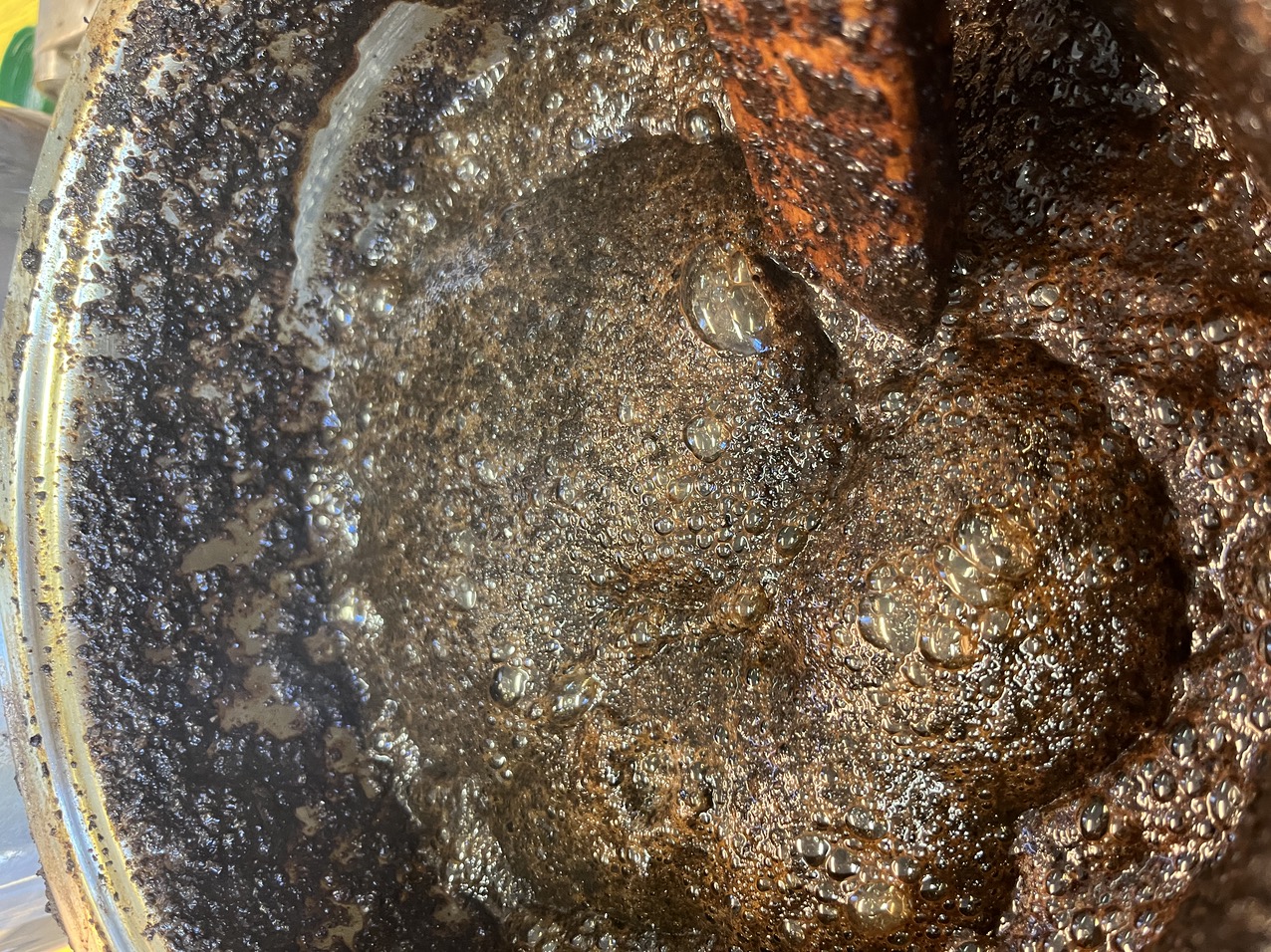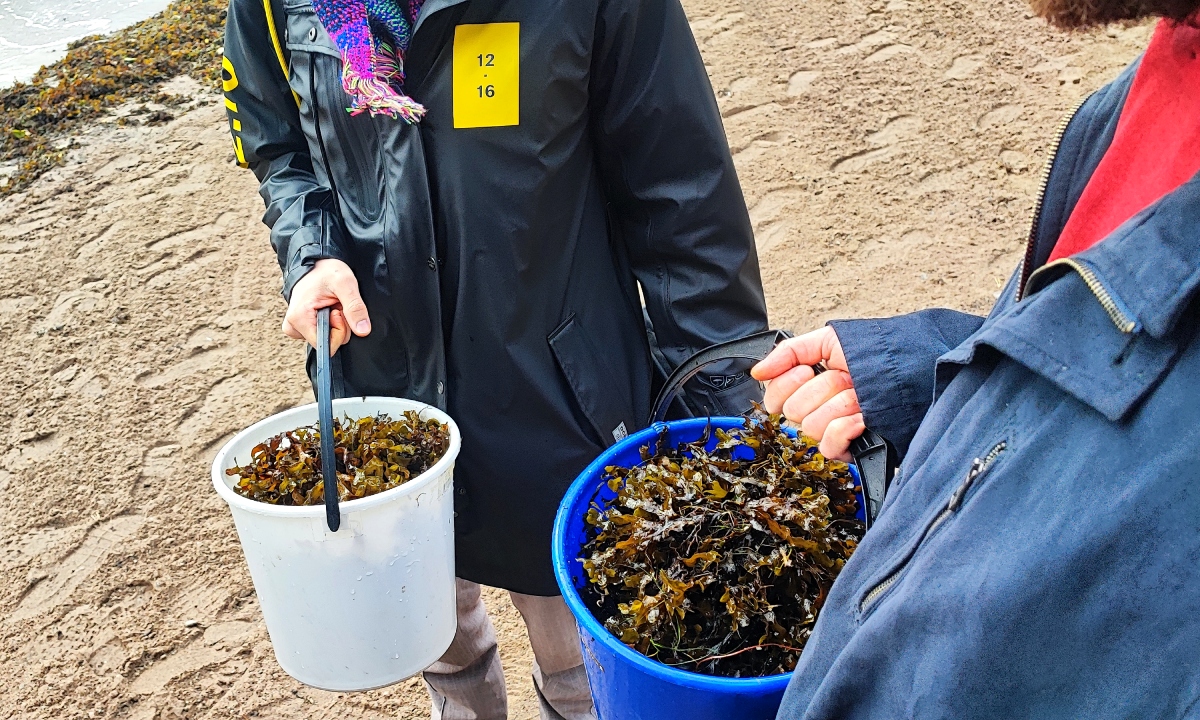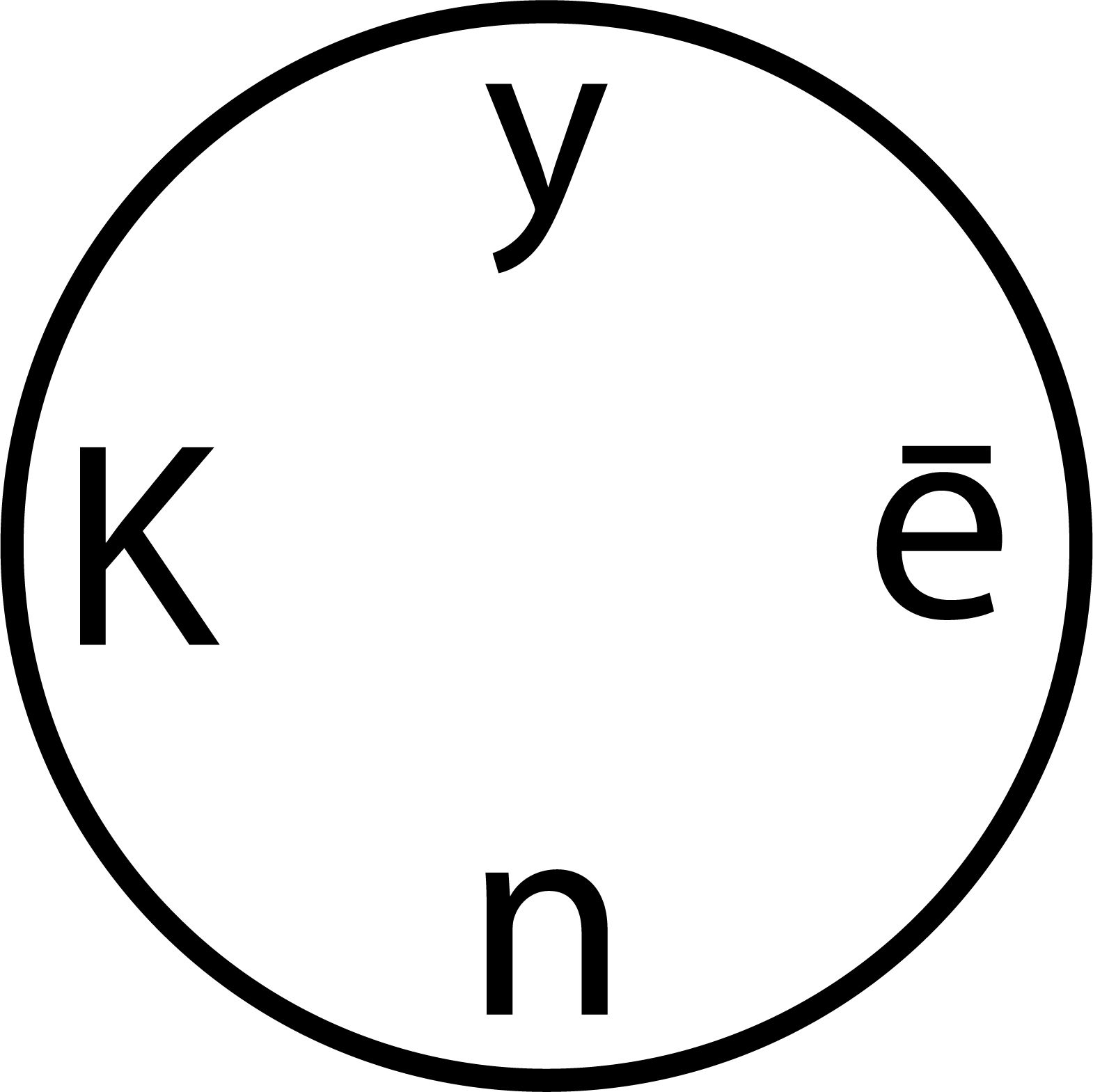Koyne Program collaborates with the Immersive Sustainable Lab at the Helsinki XR Center

The artist Stefan Maier, a participant in the MAXRES residency along with Koyne Program curator, collaborated with the Immersive Sustainable Lab, a pioneering initiative of the XR Center aimed at promoting urban sustainability through emerging technologies.
As part of his residency in MAXRES, Maier has launched an in-depth investigation into the natural lifecycle of seashells, examining how these shells, once discarded after use in the restaurant industry, become a significant waste product within restaurant supply chains.
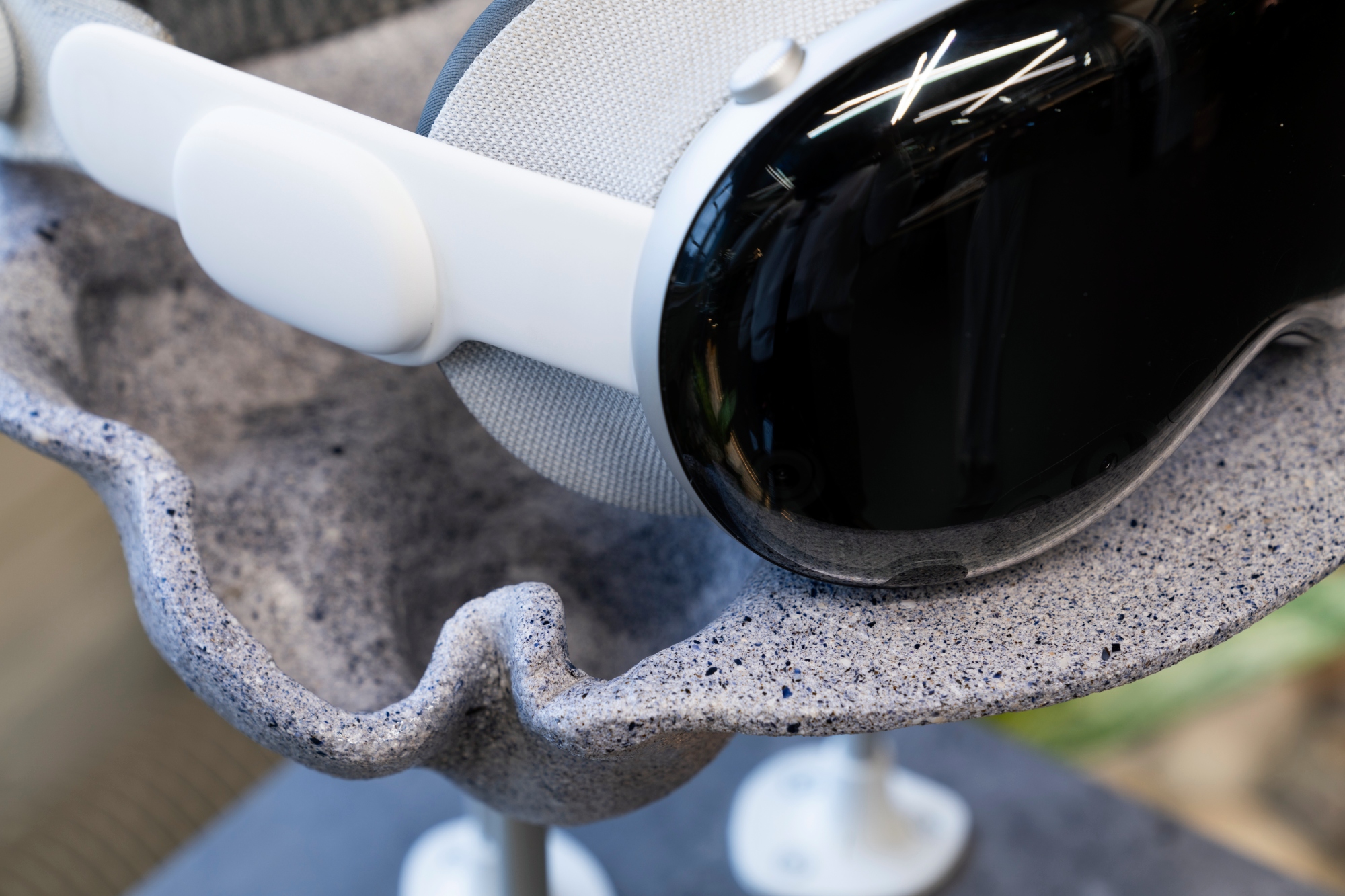
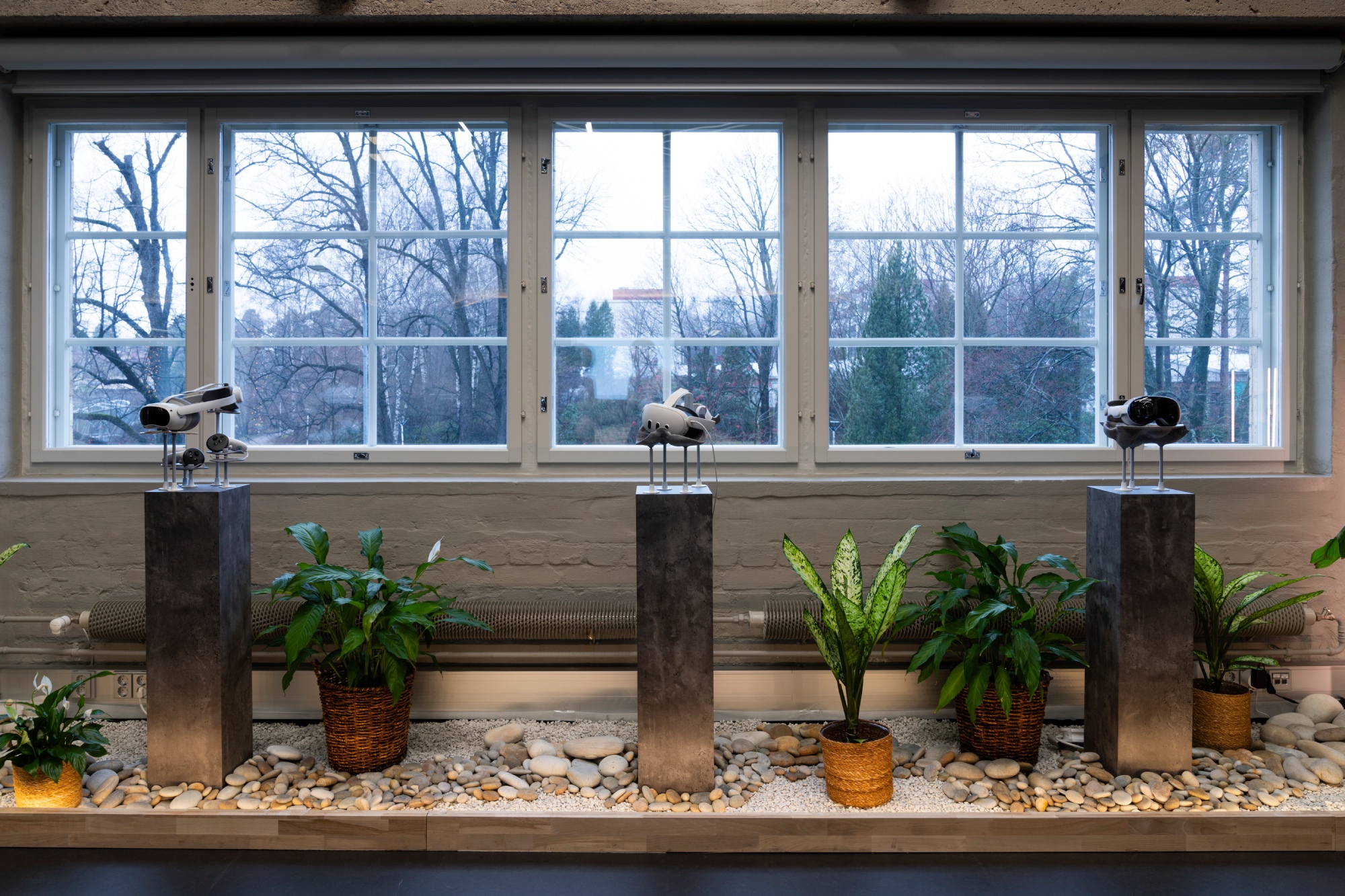
Stefan Maier
Leveraging this situation, the project aims to repurpose discarded shells from local restaurants to develop a sustainable material aligned with the principles of the circular economy. The initial phase involved contacting local restaurants that specialize in shellfish offerings, including Boulevard, Merimakasiini, and Salutorget. Through the cooperation of these establishments, Maier was able to collect the necessary shells to begin his material research, which was further enhanced by collecting local seaweed, used as a natural binder in the mix with processed shell material.
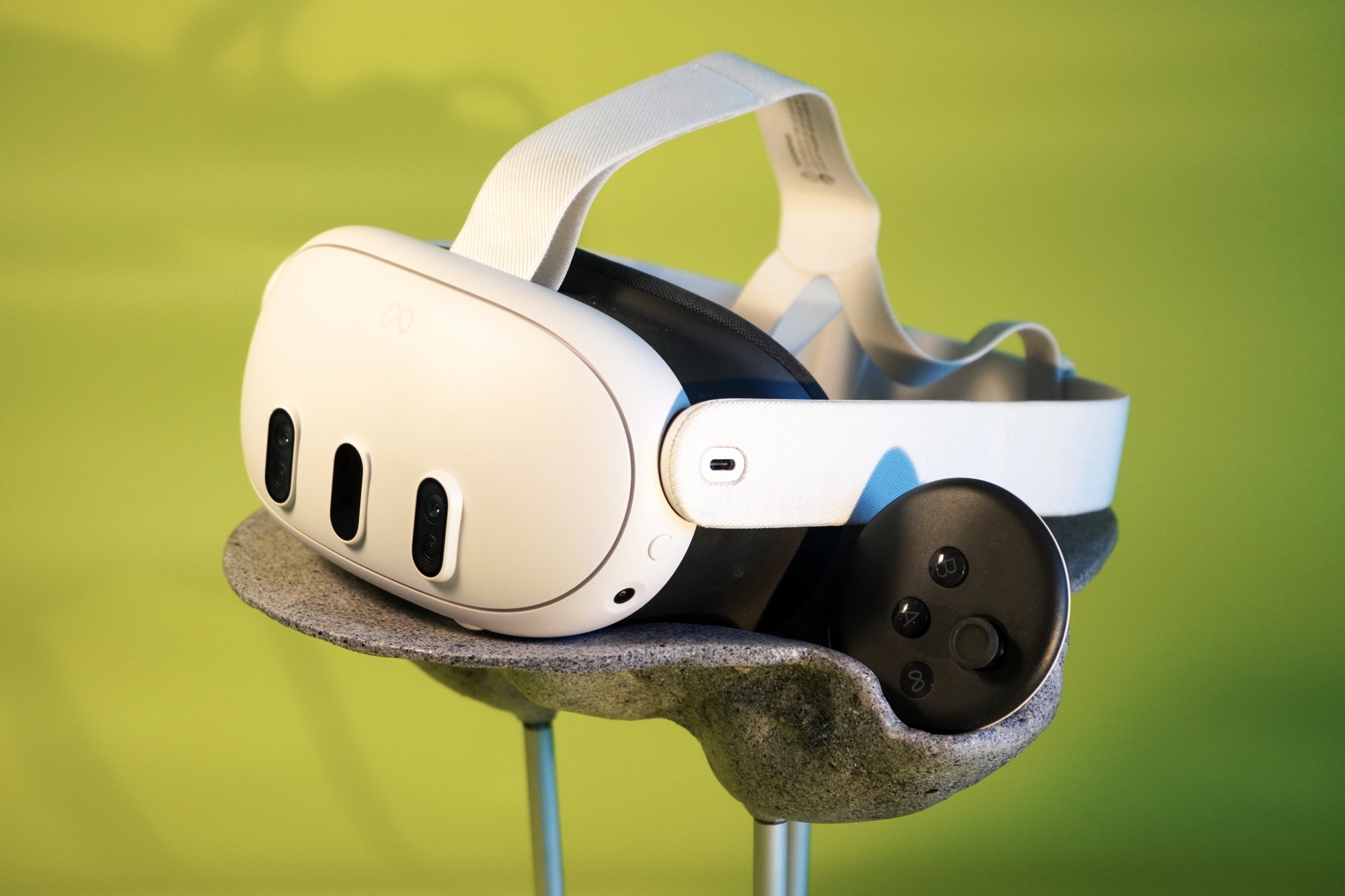
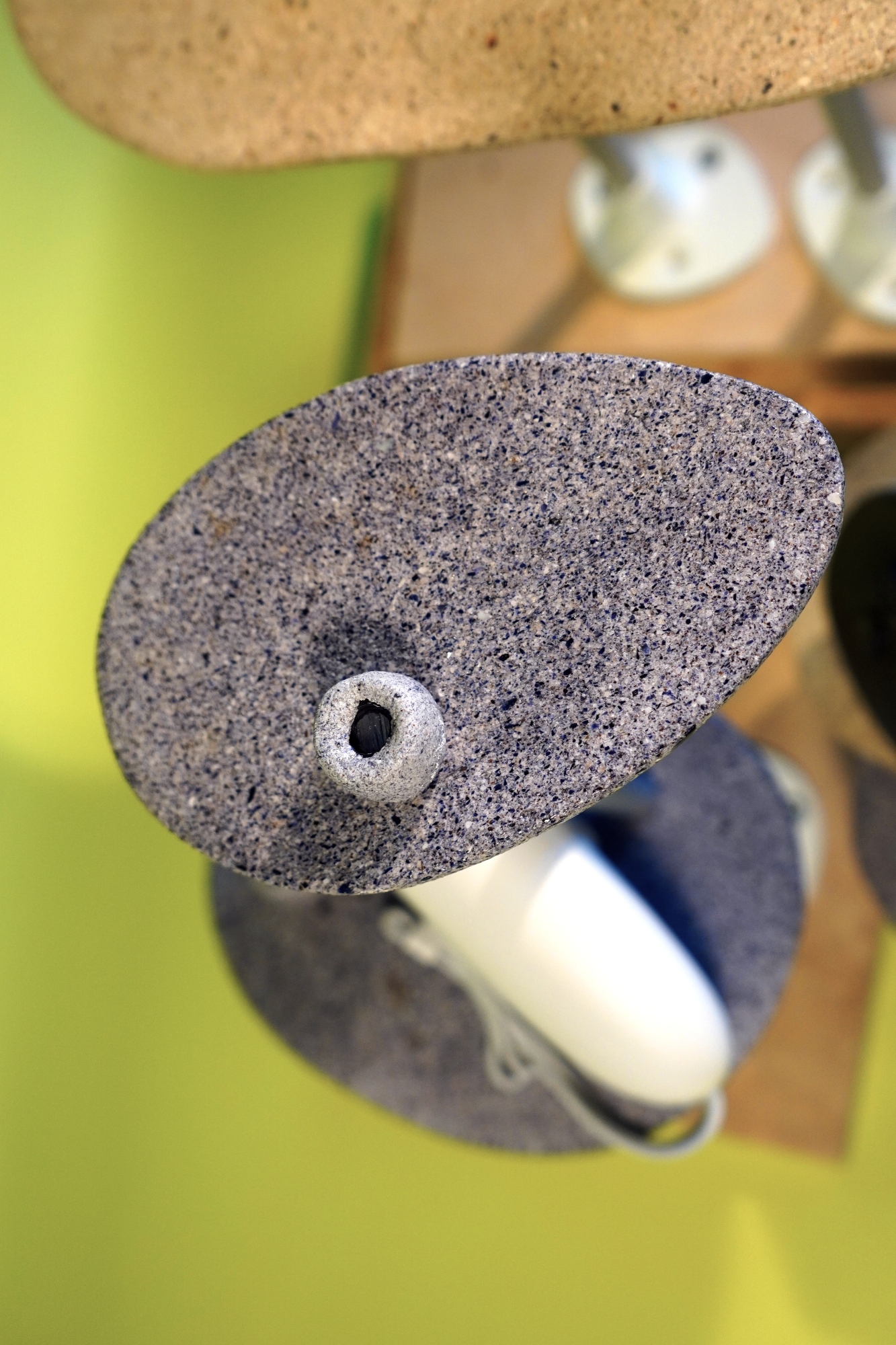
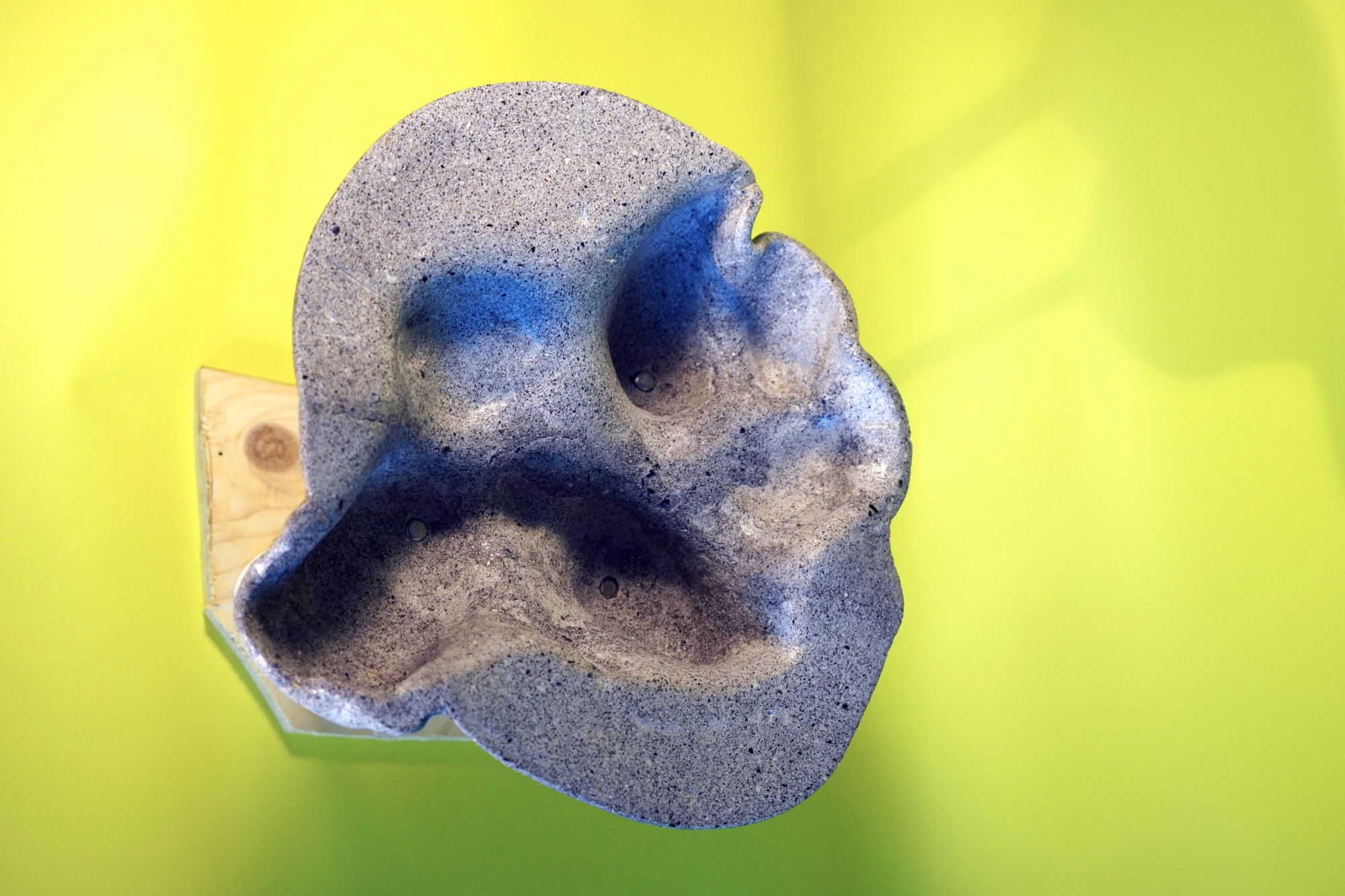
In the experimental phase, Maier also received support from the Caracara Collective, which organized a specialized workshop focused on preparing different types of “sea binders,” tailored specifically for their integration into sculptural supports. The design research explores coral-like forms and draws inspiration from ocean movement, recreating natural patterns like dunes and ripples left by water on sand.
Using seashells as a base material not only seeks an artistic solution but also addresses the environmental impact associated with bivalve aquaculture, which annually generates 13.6 million tons of shells composed largely of calcium carbonate (CaCO3). Integrating this byproduct into the carbon market has garnered interest, as it represents between 67% and 94% of the total biomass of bivalves, and its utilization could help meet the growing global demand for calcium carbonate, according to The Journal of Cleaner Production.


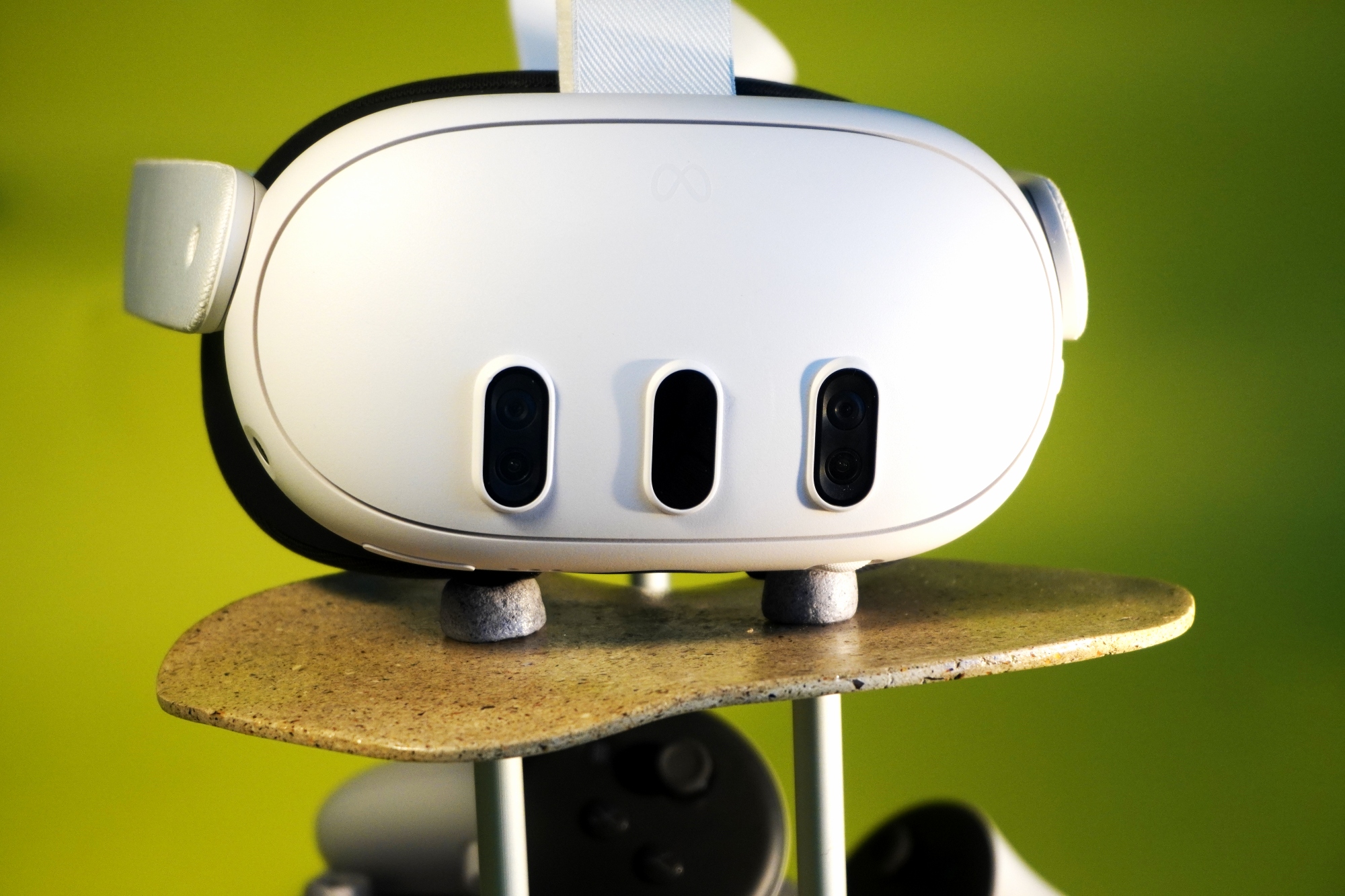
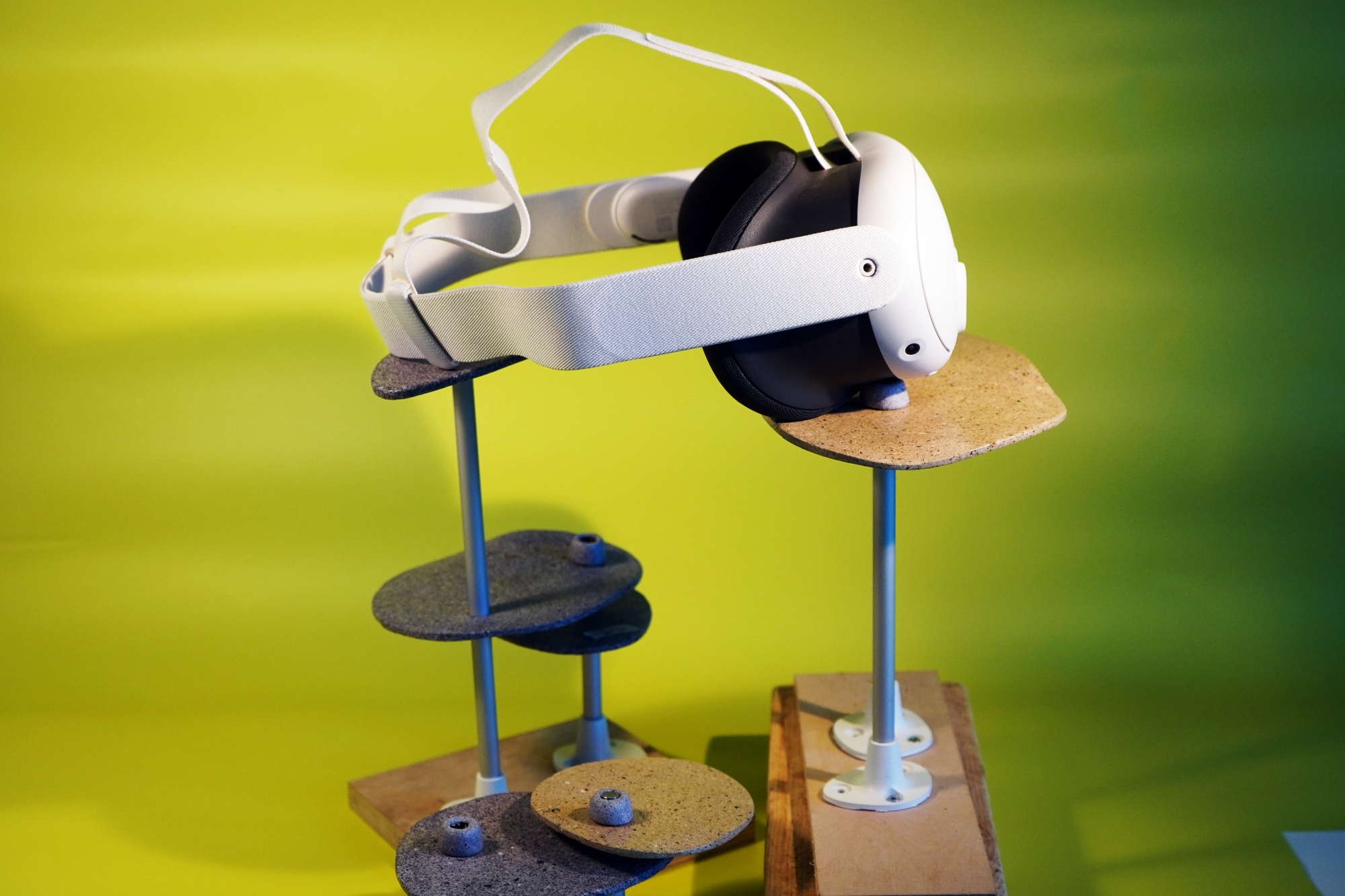
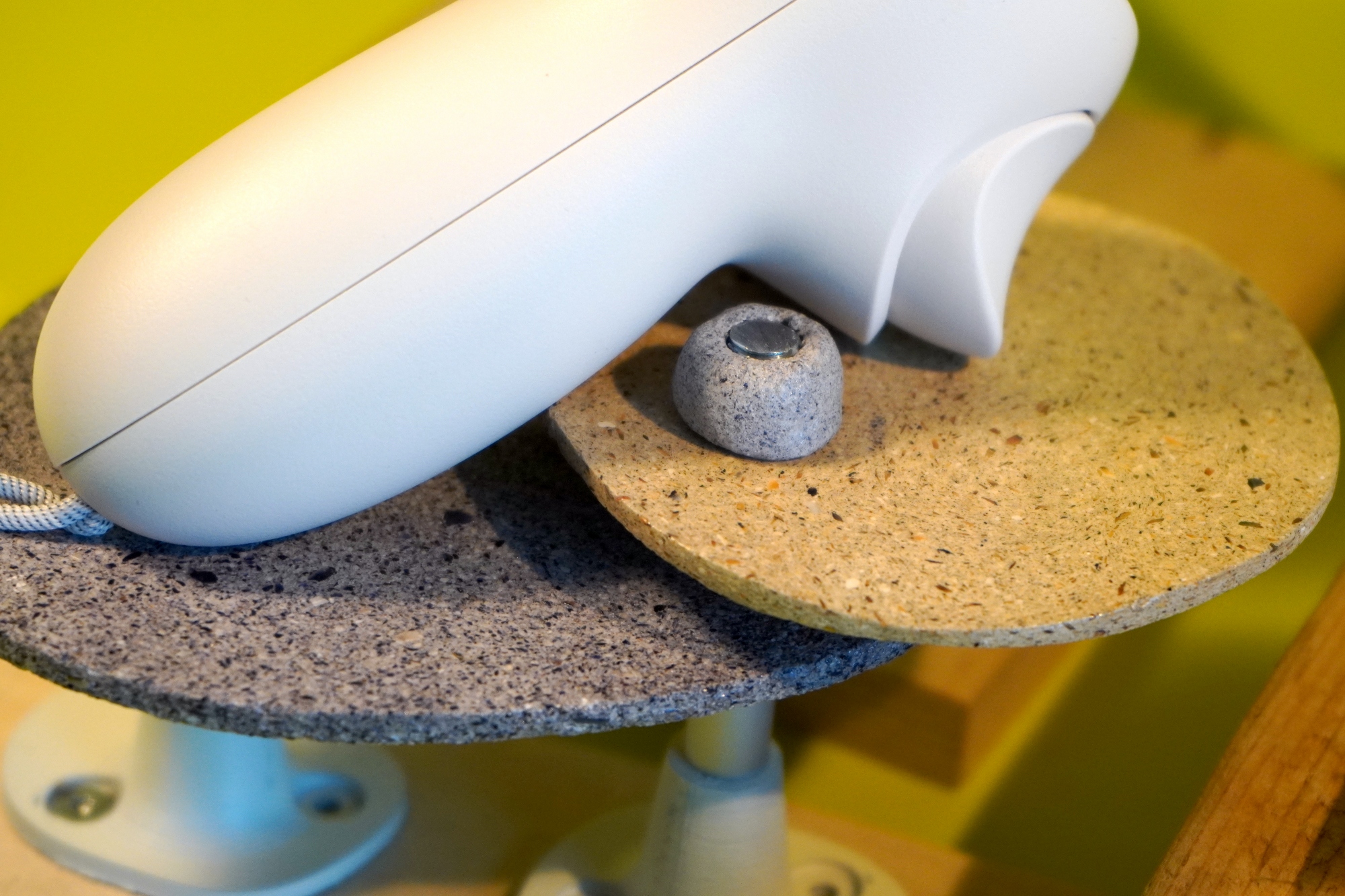
In this way, Stefan Maier’s project within the Koyne Program, in partnership with the Immersive Sustainability Lab, not only explores new artistic and material possibilities but also, by reusing a local bio-waste, provides a model for circular economy practices in the development of sustainable materials for the creative industry. This project demonstrates how local waste can be transformed into sustainable solutions for art and design.
testing process ︎︎︎
